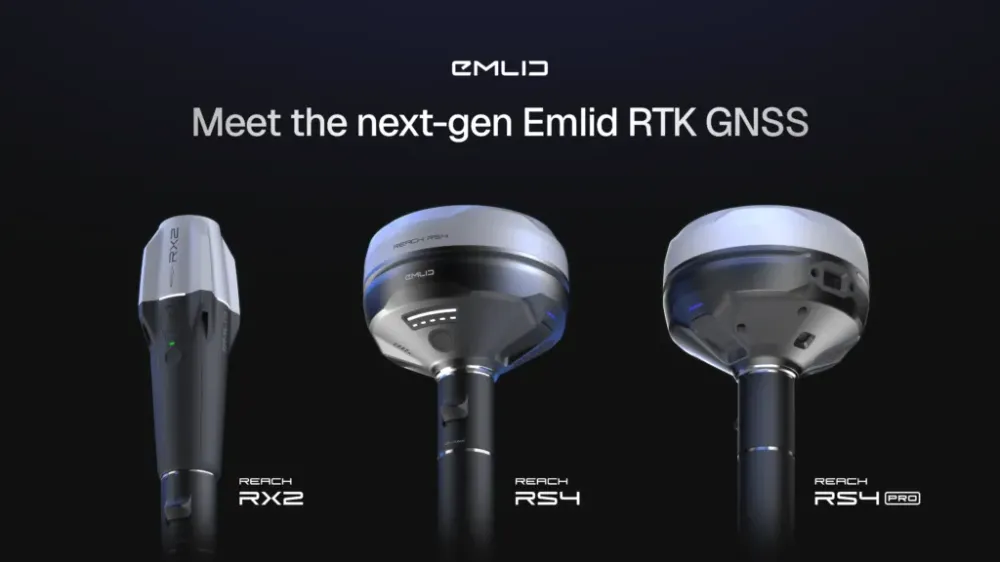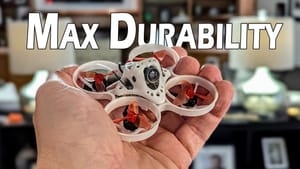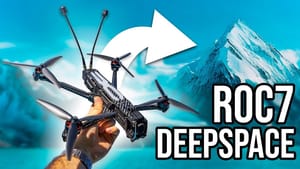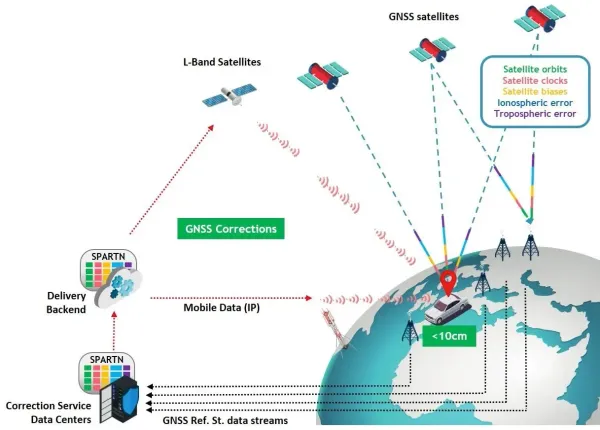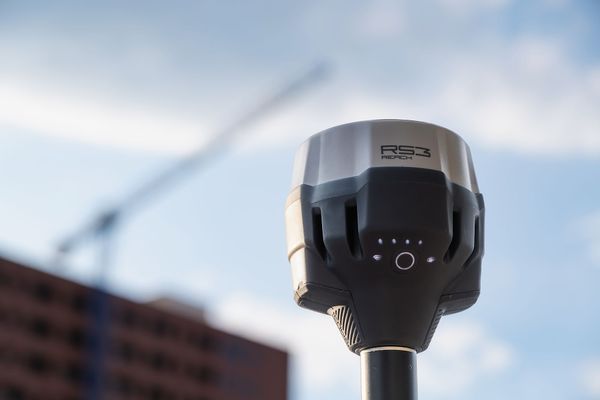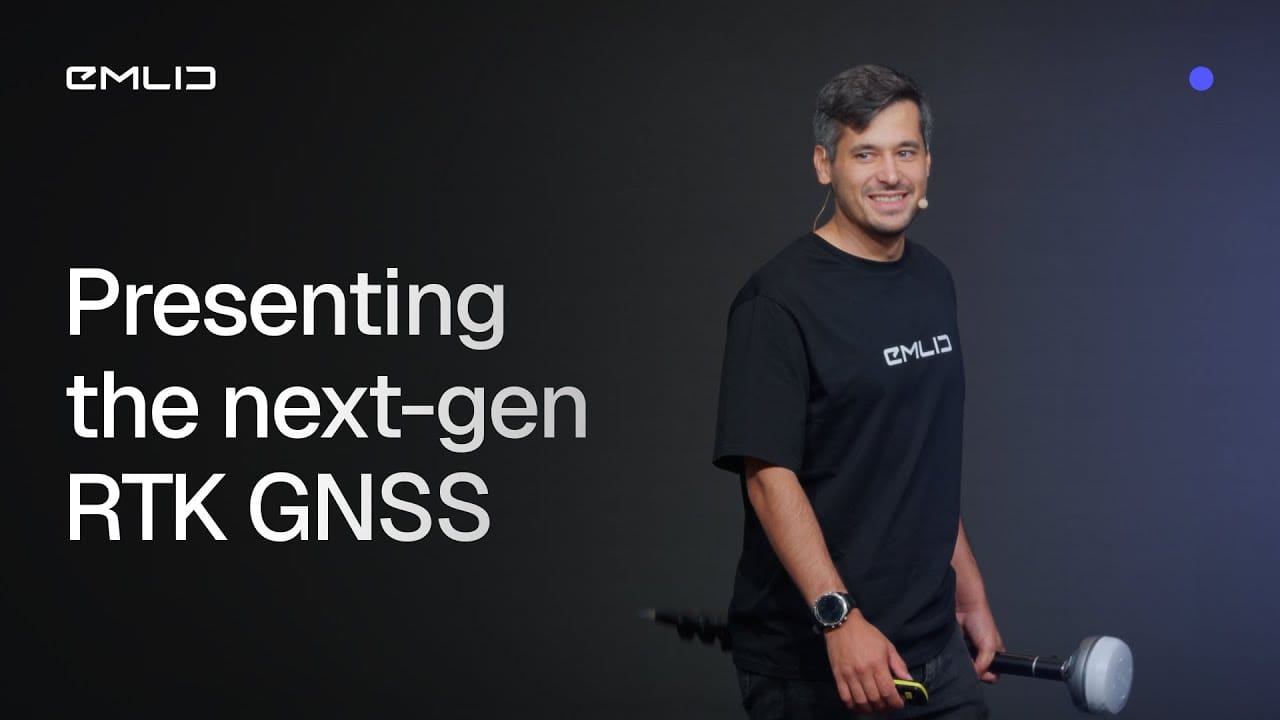
Emlid CEO Igor Vereninov shows a rebuilt RTK lineup that trades fiddly setup for reliable field time. This matters because survey teams want gear that works without babysitting.
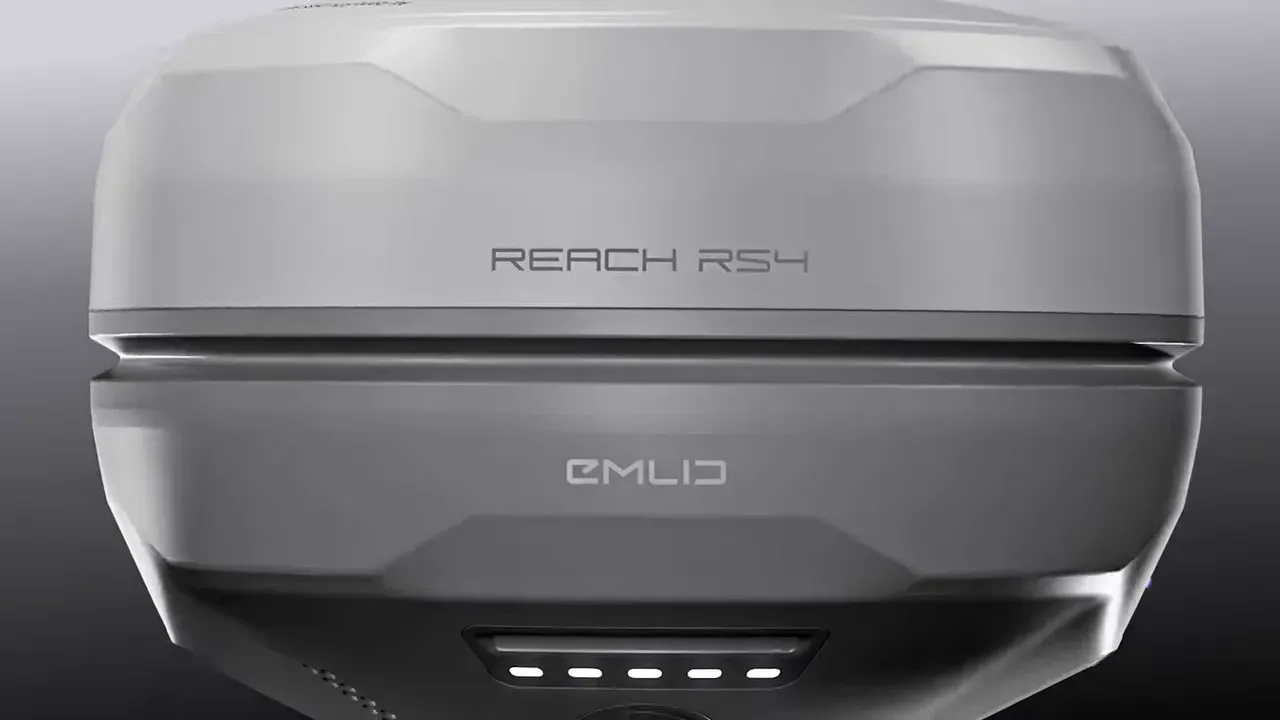
TL;DR: Emlid announced the Emlid Reach RS4, Reach Rx2 and Reach RS4 Pro. All-band GNSS, faster IMU tilt, new radios, magnesium body, quick-release mount, and camera-based AR staking land in one refresh.
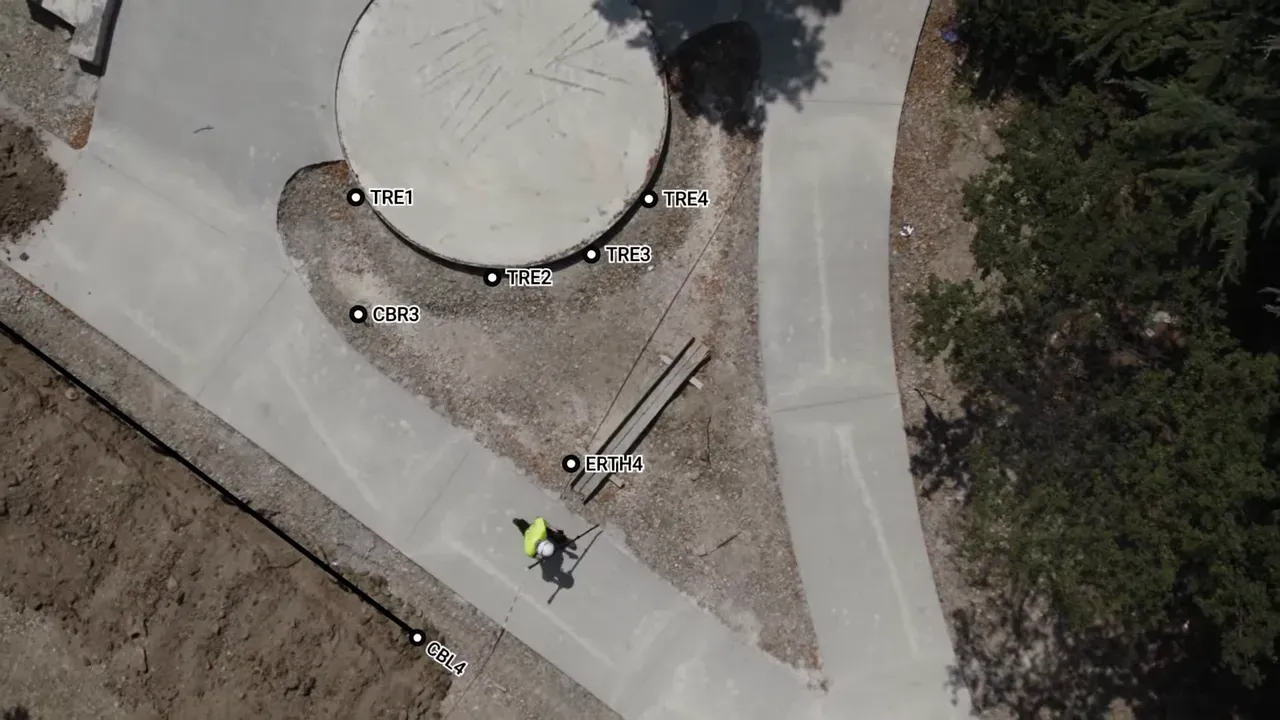
What changed and why it matters
Emlid collected feedback from over 50,000 users and rebuilt the platform from the ground up. The goal: fewer field headaches and less fiddling with settings.
All-band GNSS and antenna design
The Emlid Reach RS4 uses a new RTK chipset that listens to all constellations across L1, L2, L5 and L6. More bands mean more usable signals under tree canopies and in urban canyons.
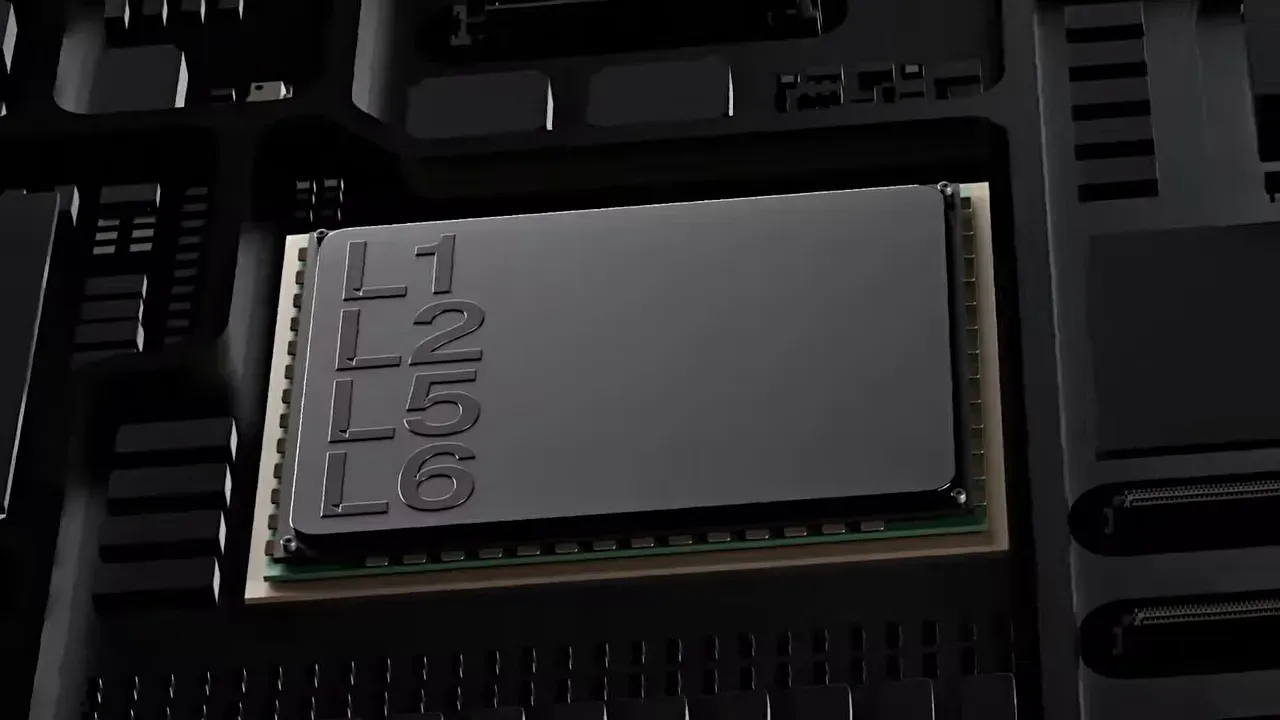
They paired that chipset with an eight-pin feed antenna to maximise signal-to-noise ratio. The antenna package also bundles dual-diversity LTE and separate Wi‑Fi/Bluetooth elements.
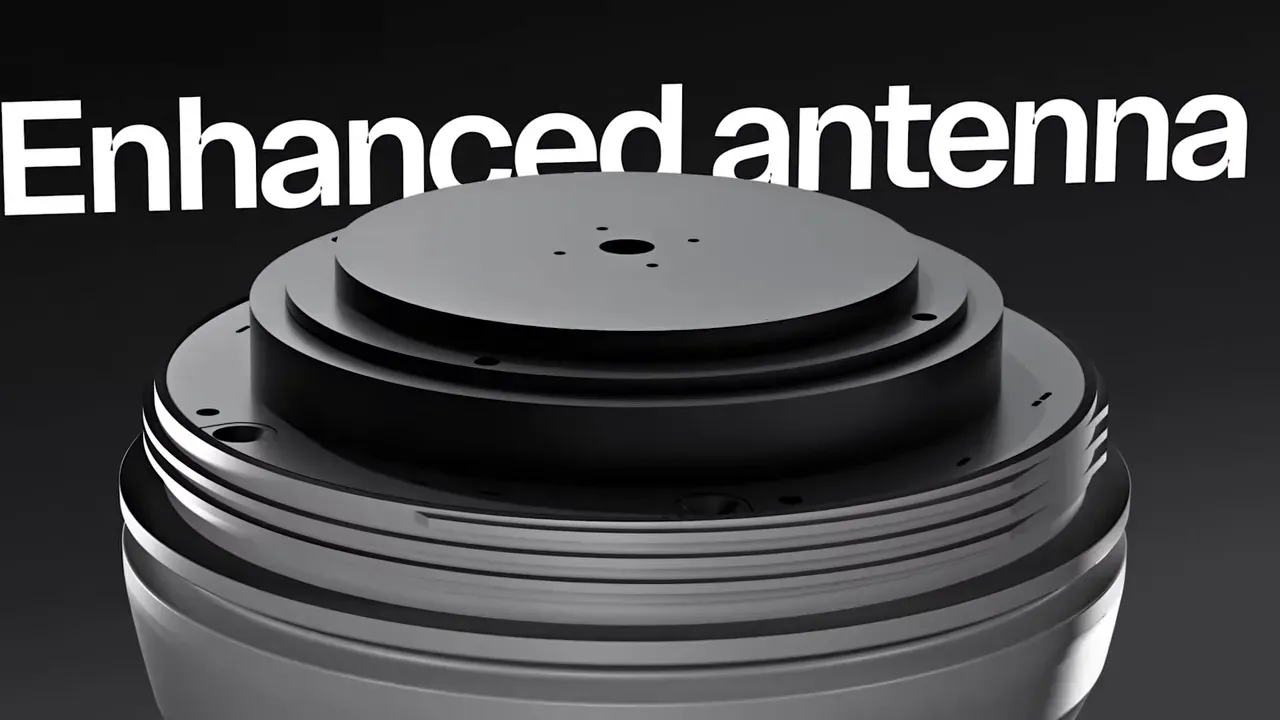
Radio, compatibility and range
Emlid rewrote the radio hardware. The AMLIT dual-band radio runs up to two watts on two bands and supports LoRa and TrimTalk on 450 and 915 MHz.
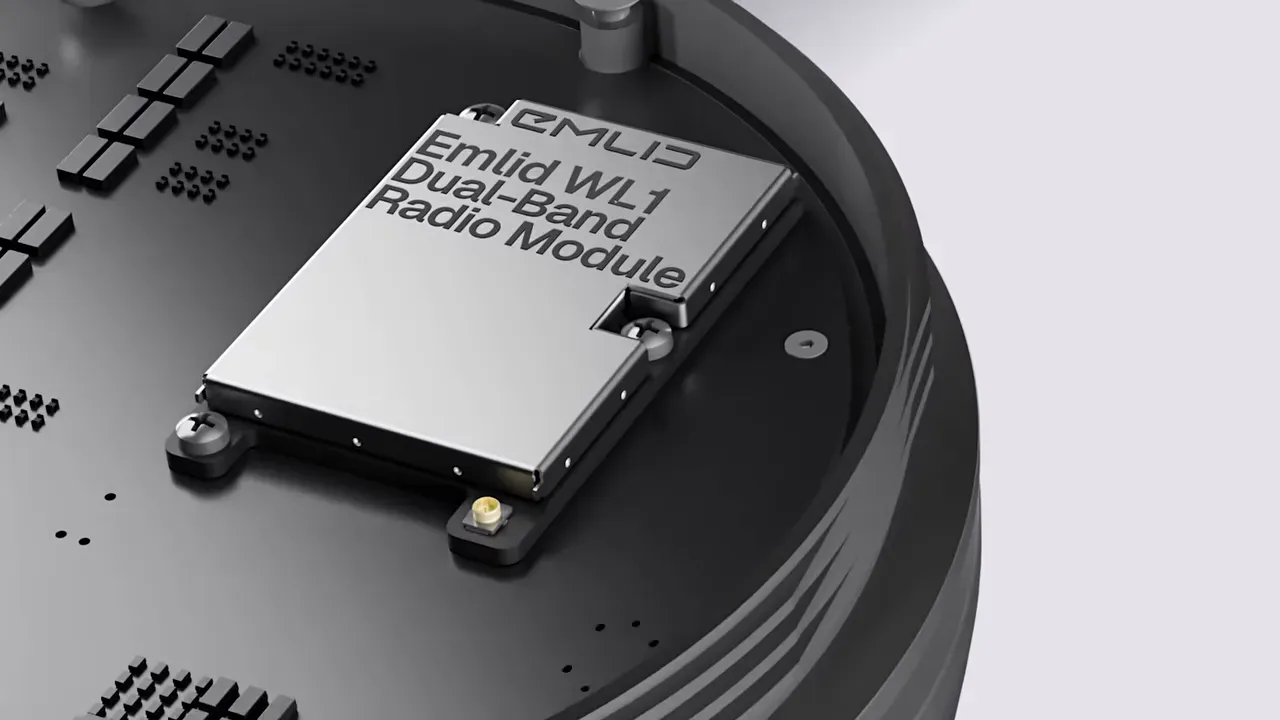
That means licensed use on 450 MHz and license-free operation on 915 MHz for North America. The radios play nicely with existing RTK ecosystems.
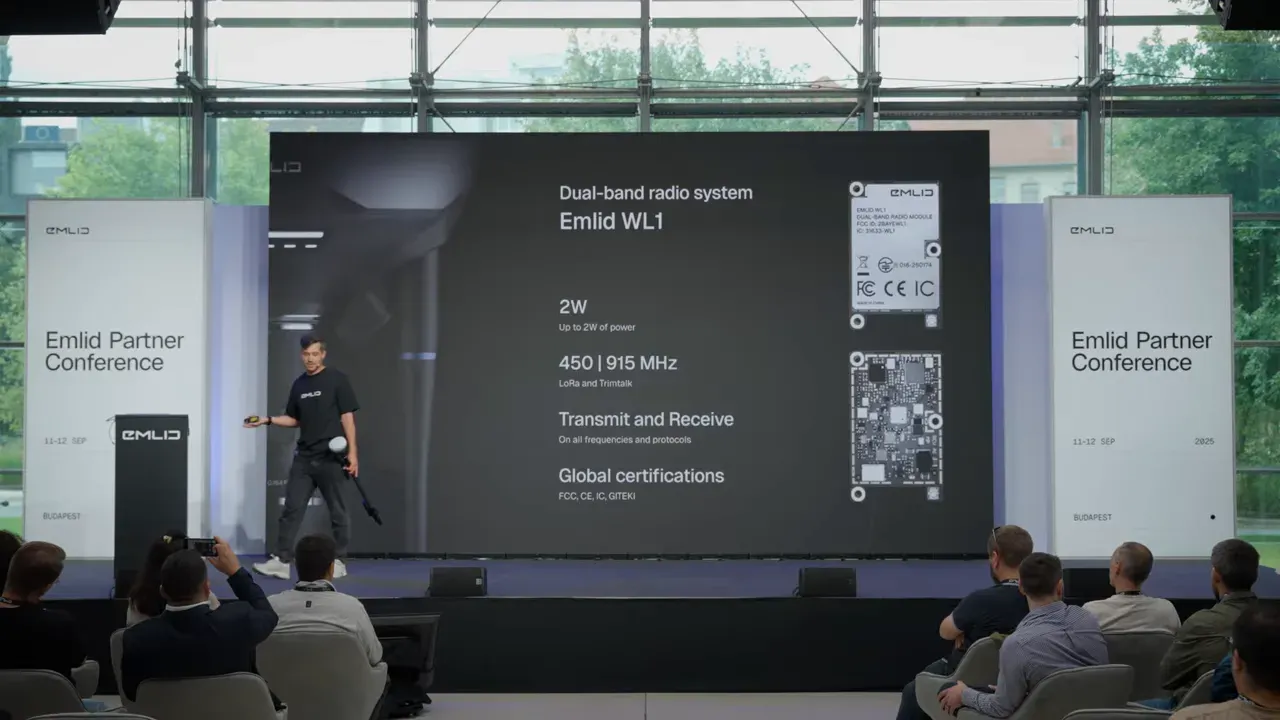
Faster IMU tilt and factory calibration
Tilt compensation is now a baseline feature. RS4 ships with a six-axis MEMS IMU that boots up to five times faster than before.
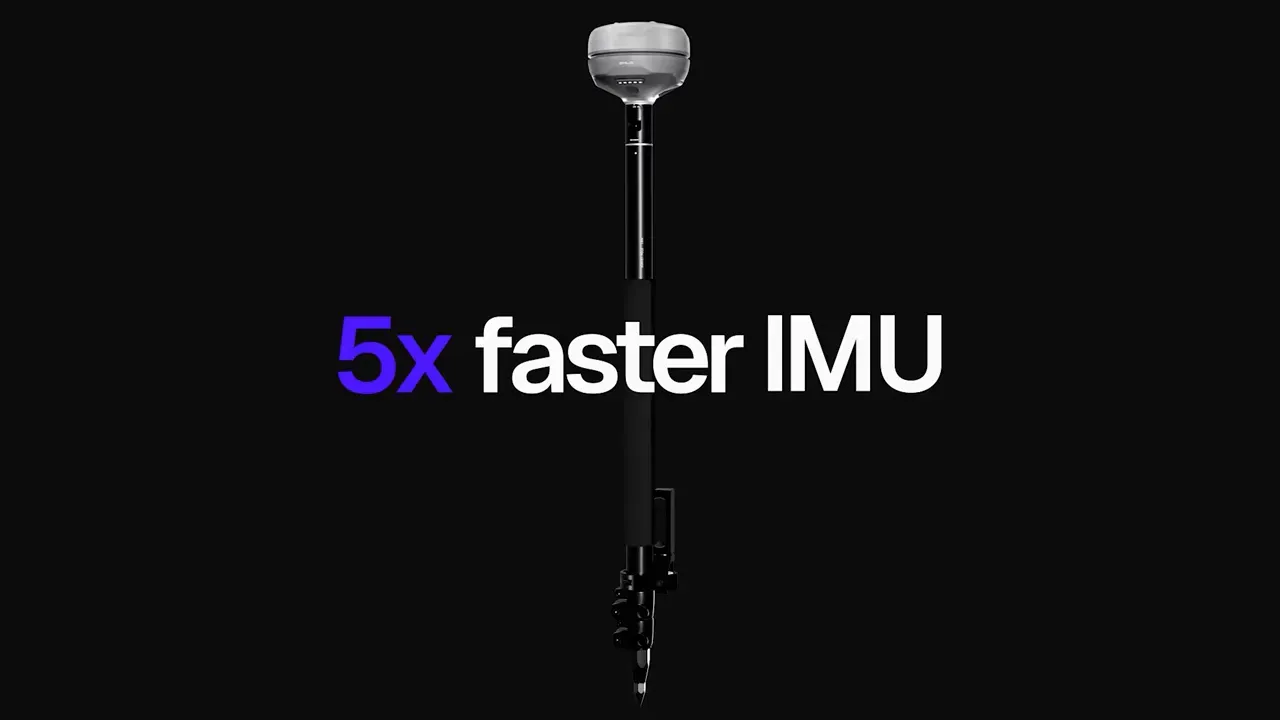
Emlid calibrates 25 IMU parameters in production using dynamic tests. That removes a common source of field variability.
Build, battery and connectivity
RS4 gets a magnesium-alloy shell, IP68 rating and an extended temperature range down to −40°C. It’s smaller and lighter than the previous generation.
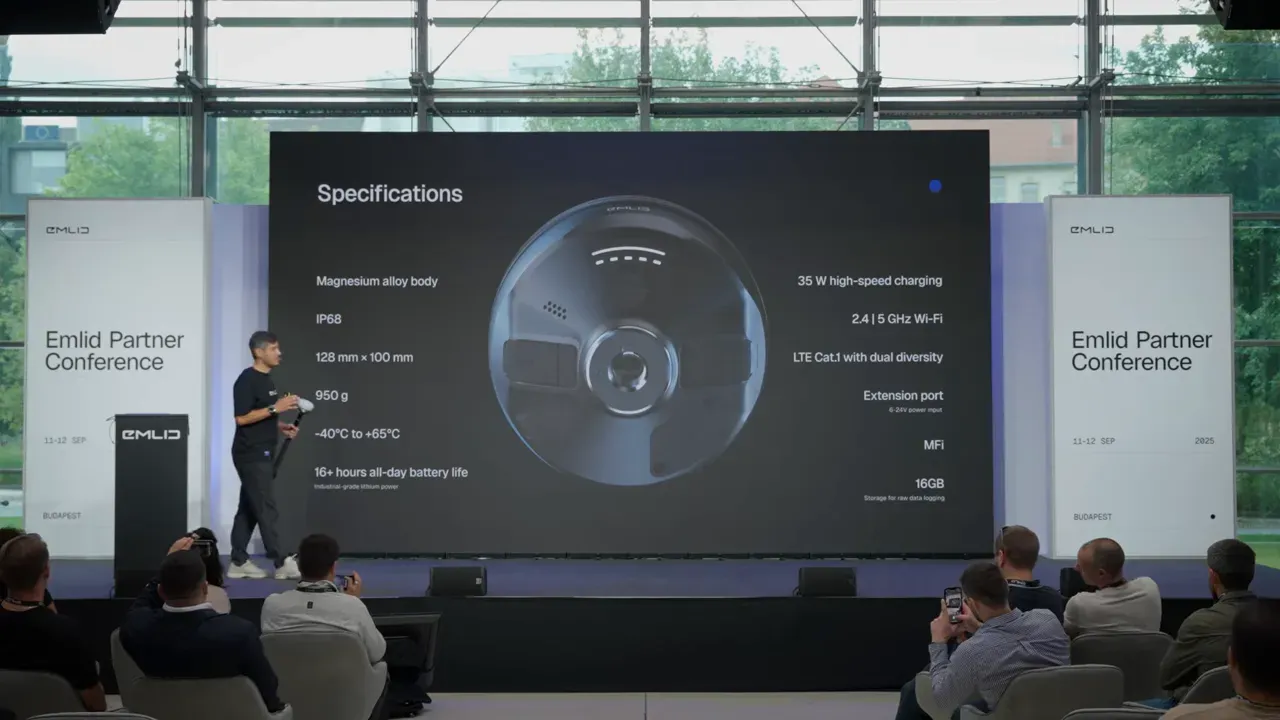
Wi‑Fi now works on 2.4 and 5 GHz. Battery life stays over 16 hours and high-speed charging delivers 35+ watts. Cellular and Apple MFi support arrive too.
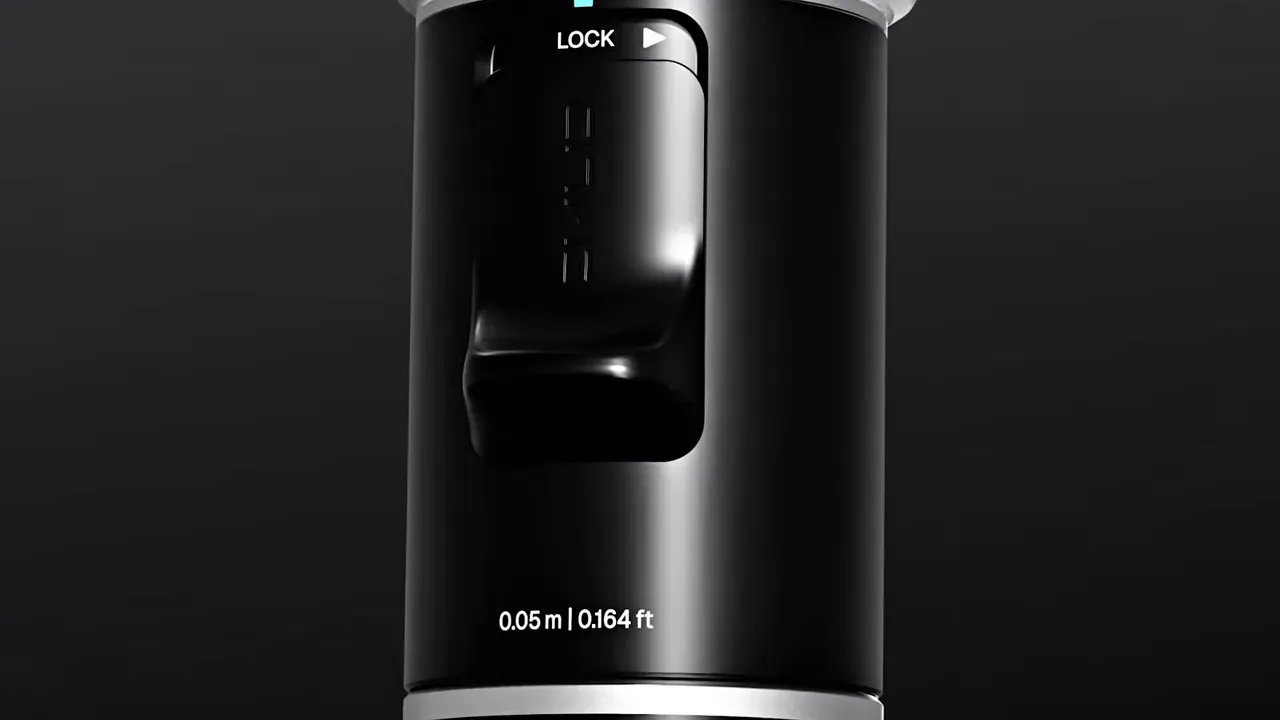
Quick‑release pole mount
They replaced screw‑on mounting with a quick‑release that lives inside the standard 5/8" thread. It keeps rigidity tight so tilt accuracy stays intact.
The quick‑release ships separately so teams can retrofit existing tripods and poles. No extra error when you clip the receiver on or off.
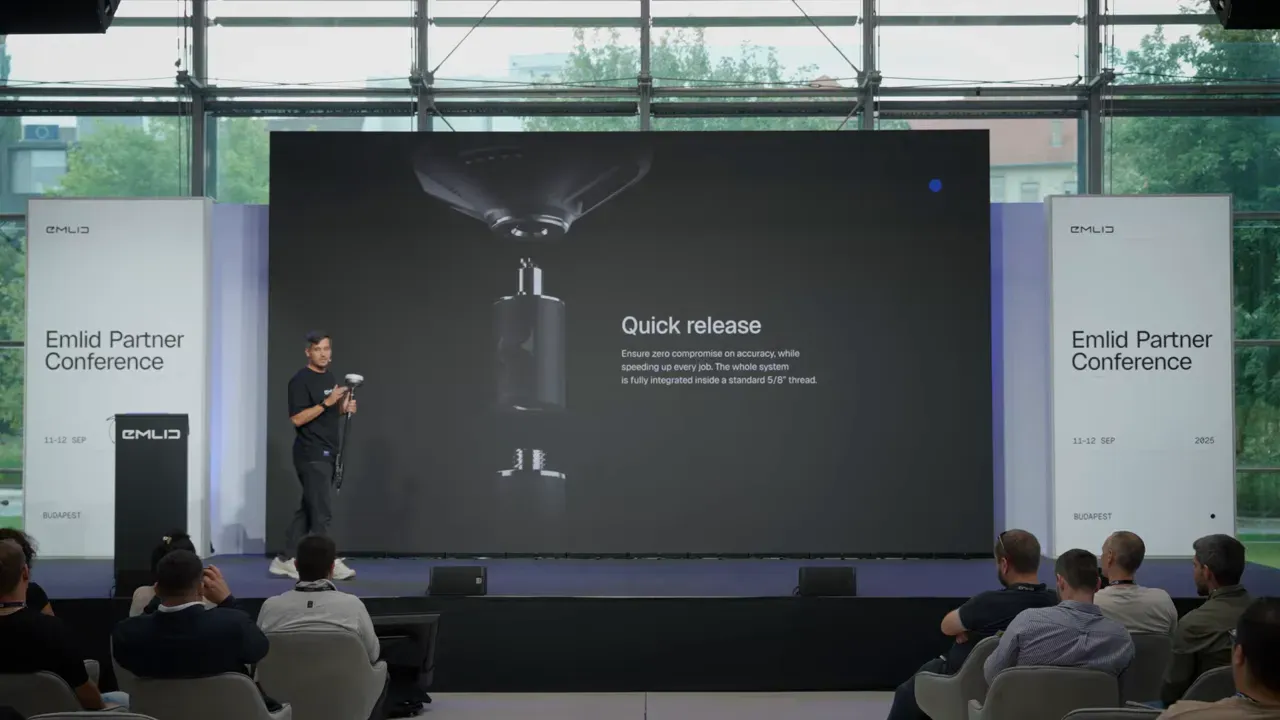
Security, maintenance and carrying case
Emlid added hardware security storage and secure-boot protected firmware. All comms to their servers are encrypted and analytics are strictly opt-in.
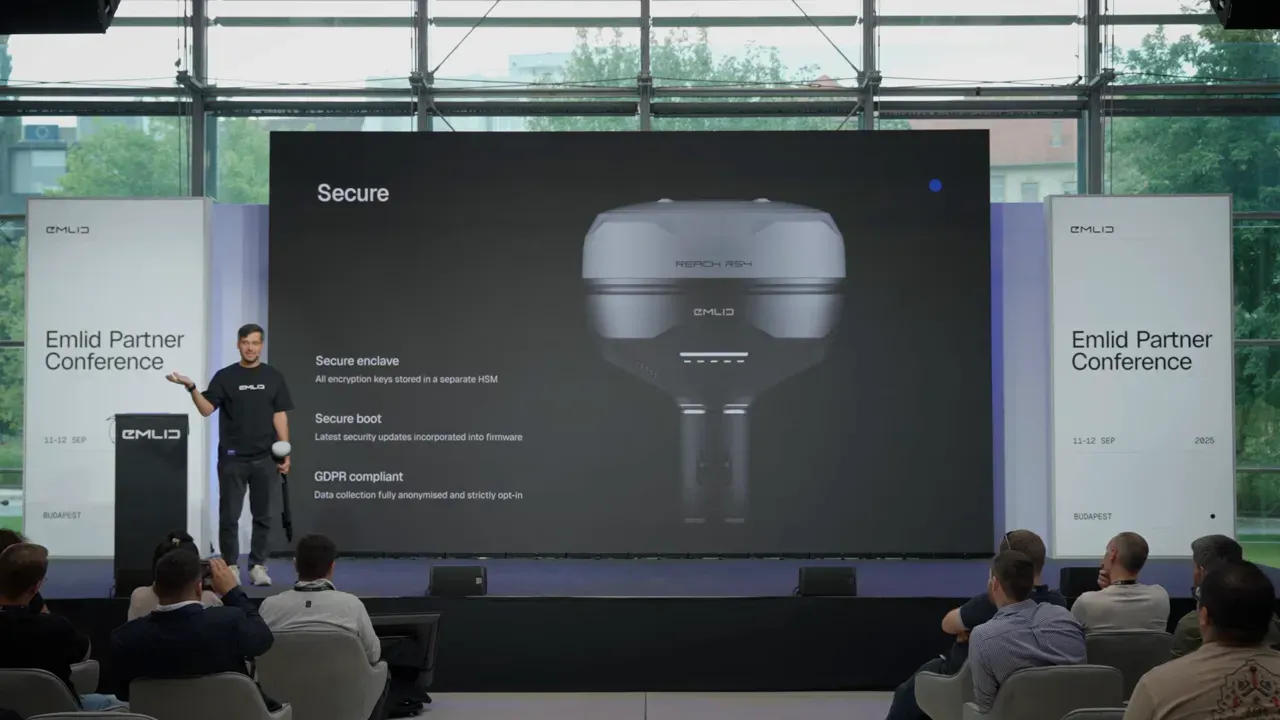
They also introduced user-replaceable bumpers for field knocks and a compact one-hand carry case designed for quick deploys from the car trunk.
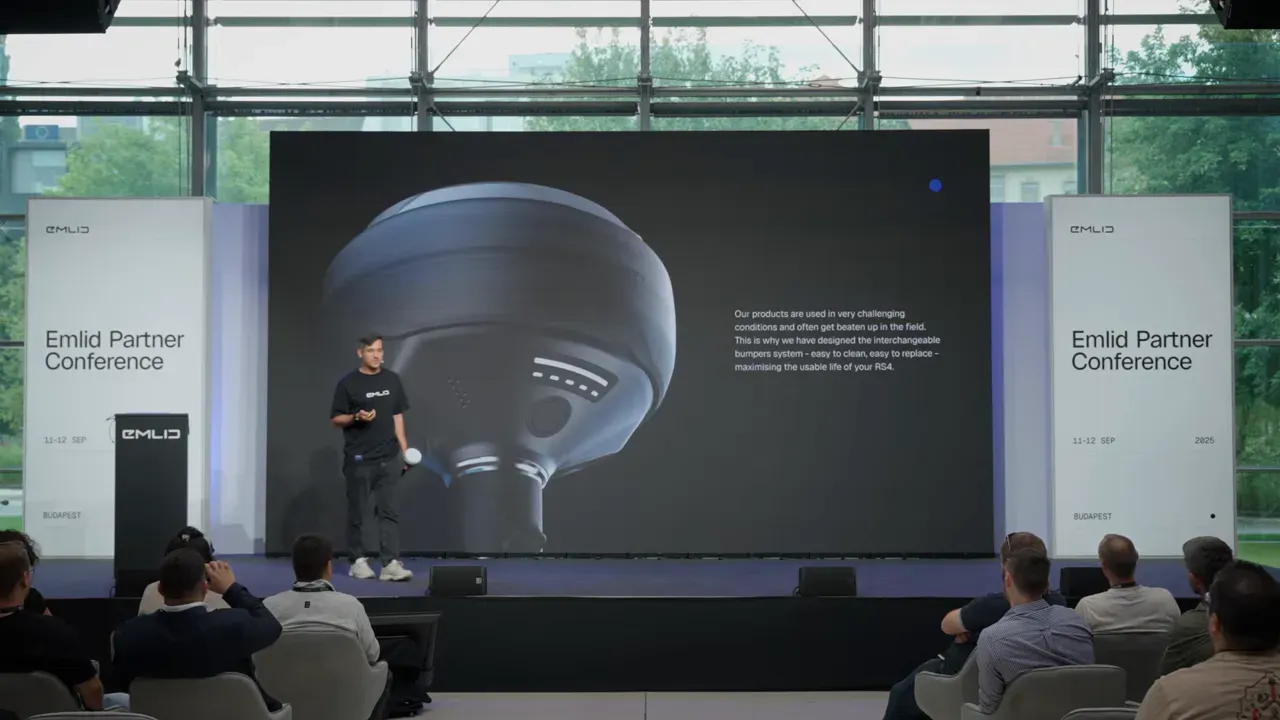
Reach Rx2: simpler RTK, now with tilt
Not everyone needs full RS4 capability. Reach Rx2 keeps the light, hand-outable form factor and adds the same Gen‑2 IMU tilt and all‑band RTK performance.
RX2 also gets the quick-release mount and, later, L‑band corrections planned for early 2026. It remains a zero-configuration option for teams that want scale.
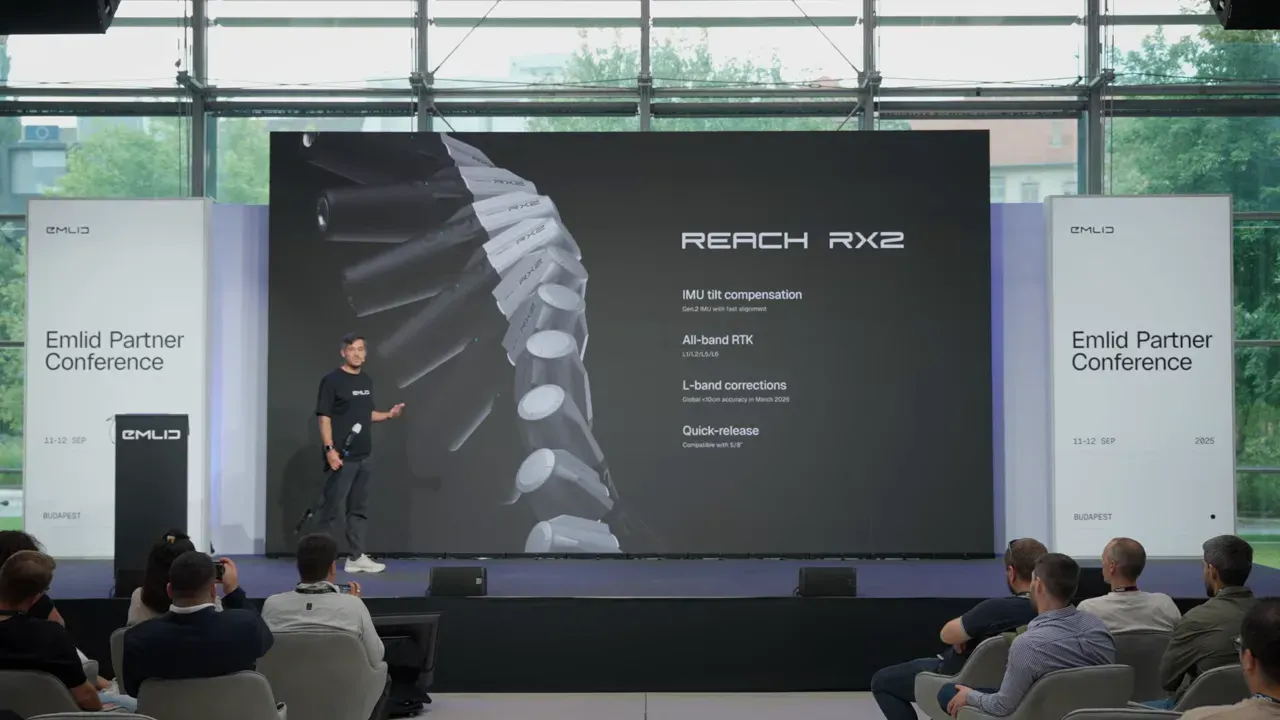
RS4 Pro: camera vision and AR staking
The RS4 Pro packs dual computer-vision-grade Full HD cameras. Emlid calibrates them in production for distortion and alignment.
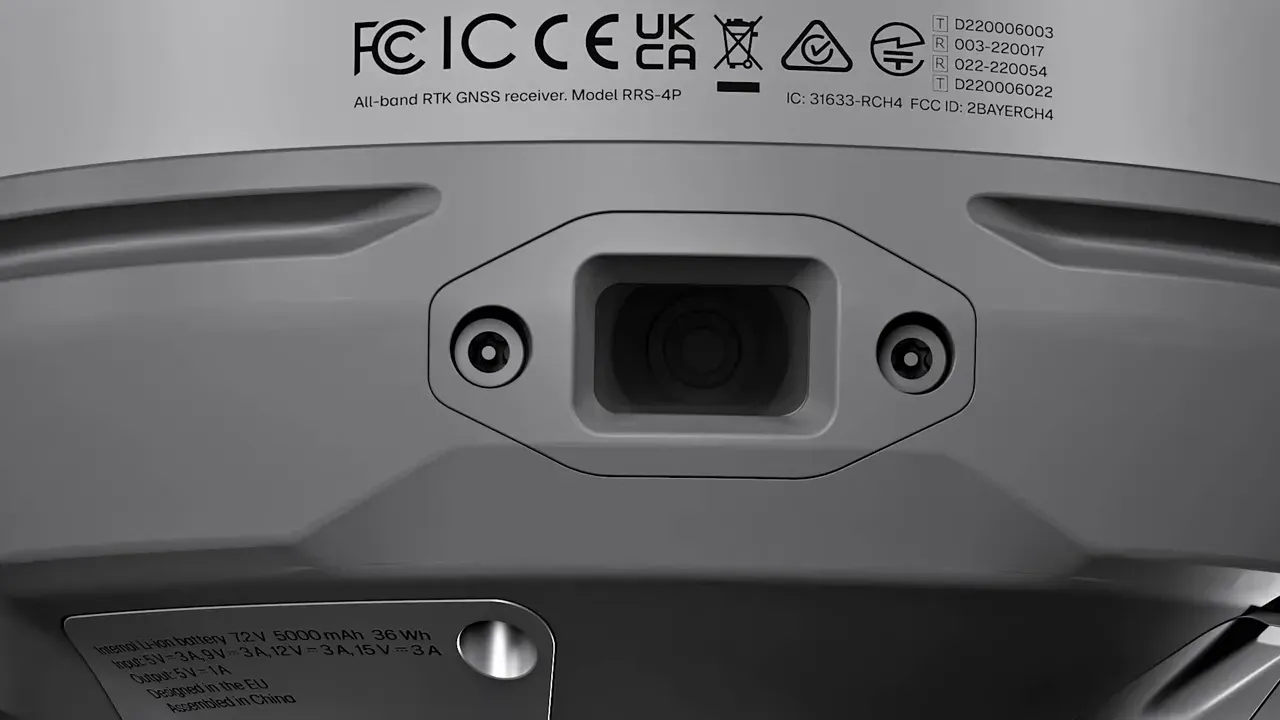
Use AR on your mobile device to follow on-screen directions for staking. The Pro can measure points you cannot reach with a pole — façade, behind fence, mid-highway — and run processing on the phone.
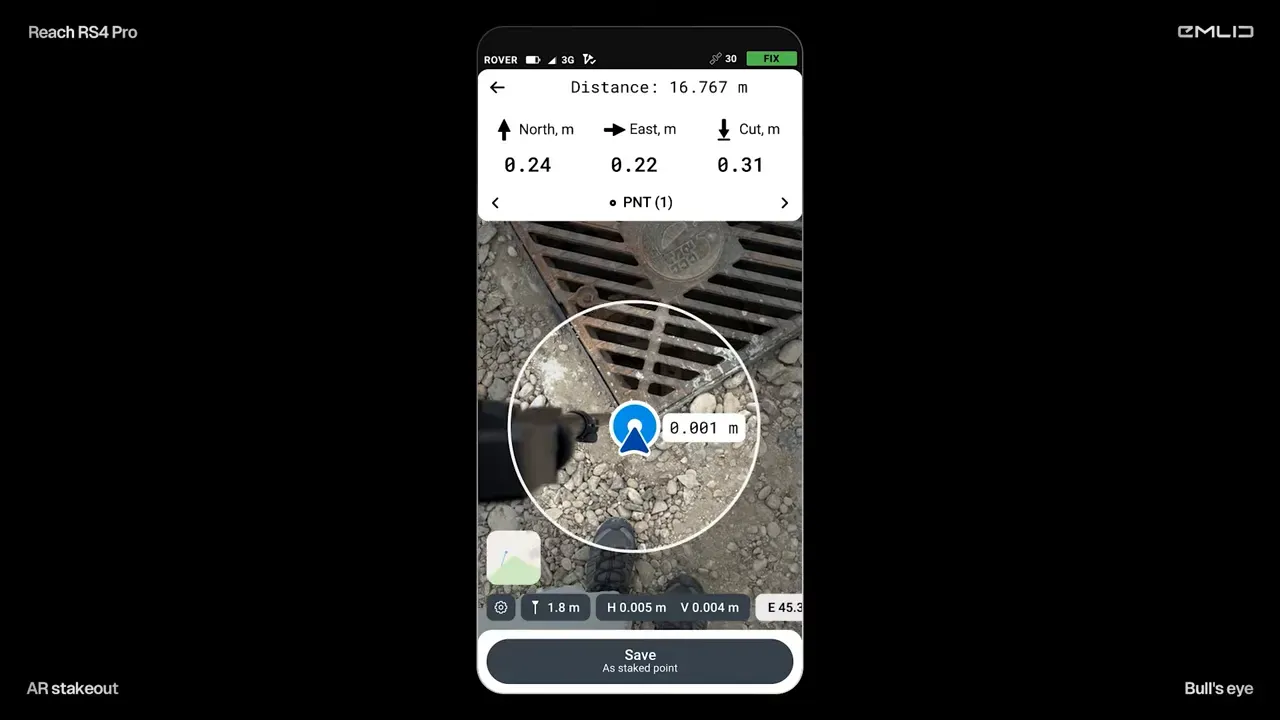
Software integrations
Emlid ties Reach devices into its app ecosystem. MLflow handles points, lines and surfaces; integrations include Pix4Dcatch and S‑Ray Collector for scanning and GIS workflows.
That flexibility lets teams switch workflows while using the same hardware, increasing utilisation across projects.
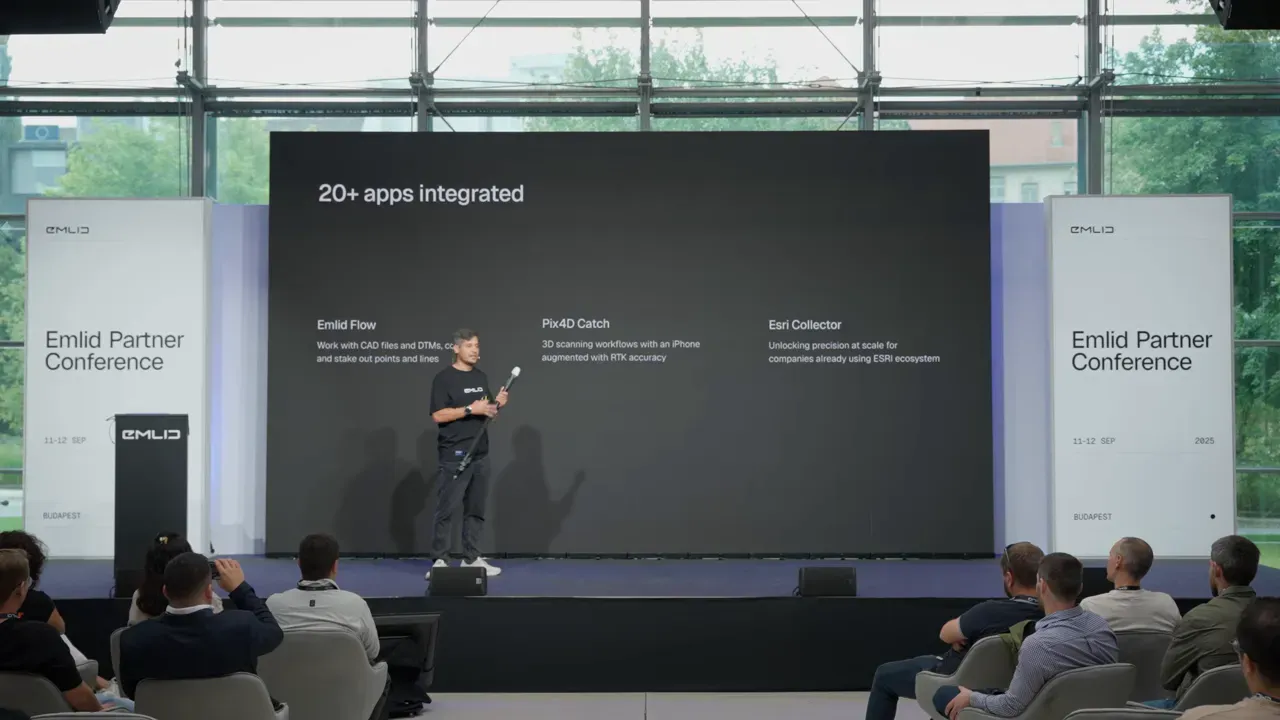
Emlid rewired hardware, radios, IMU and UX. The Emlid Reach RS4 and family target predictable field performance and simpler ops. That will matter to crews who measure for money, not fun.
FAQ
Q: Does the Emlid Reach RS4 support all GNSS constellations?
A: Yes — it receives GPS, GLONASS, Galileo and others across L1–L6 bands for stronger fixes in tough environments.
Q: How fast is IMU tilt ready?
A: The Gen‑2 IMU starts up to five times faster than the prior unit. Emlid ships every unit with factory dynamic calibration.
Q: Can I retrofit my poles and tripods?
A: Yes — the quick‑release fits inside the standard 5/8" thread and will be available separately for upgrades.
Takeaway
- All‑band GNSS and an eight‑pin antenna give better fixes under trees and in cities.
- Faster IMU tilt and factory calibration cut setup time and field variability.
- AMLIT dual-band radios and quick‑release mounting make retrofits painless.
- RS4 Pro adds phone-side AR staking and camera-based measurements for hazardous or unreachable points.
- ReachRx2 scales RTK to teams that need simple, out‑of‑the‑box positioning.
This article was based from the video Meet the next generation of Emlid RTK GNSS


